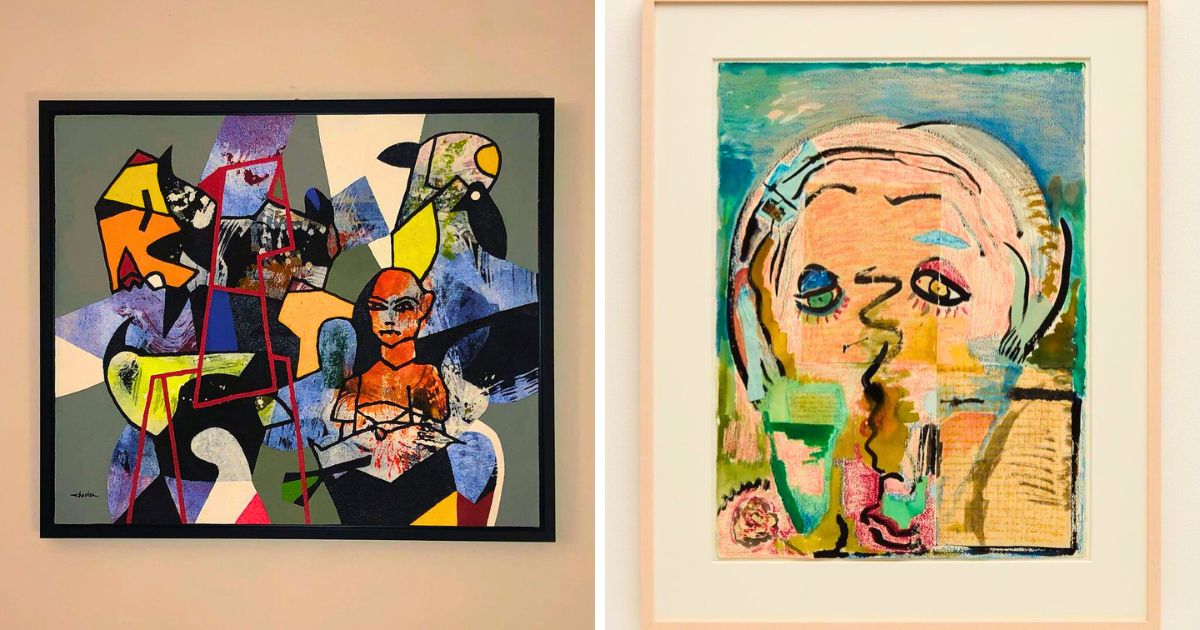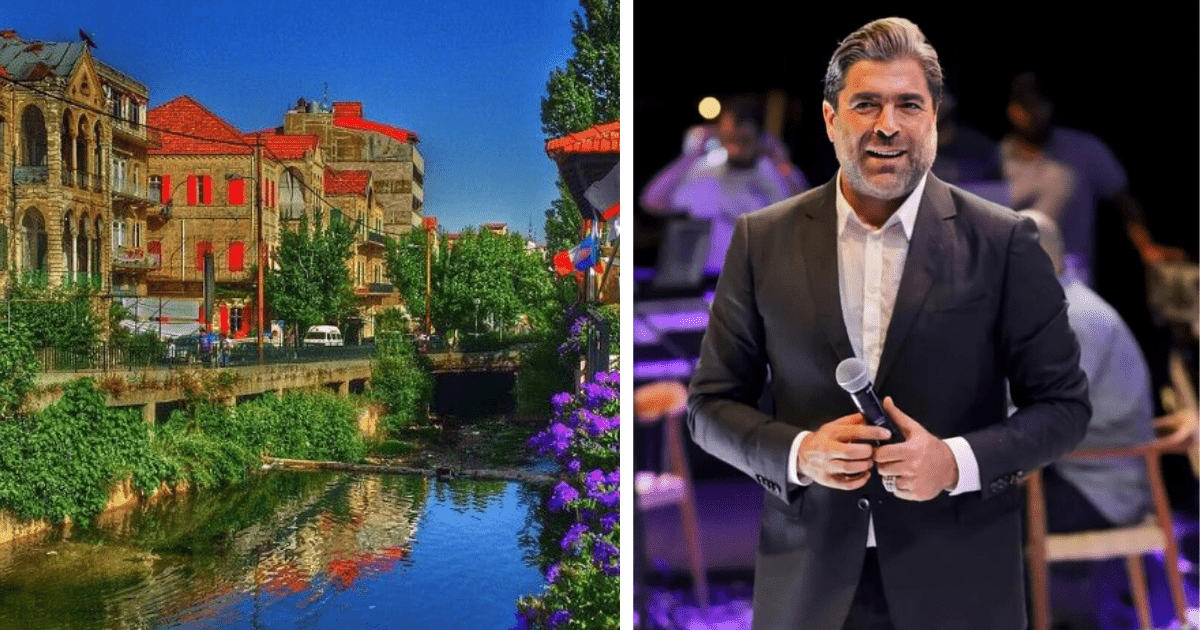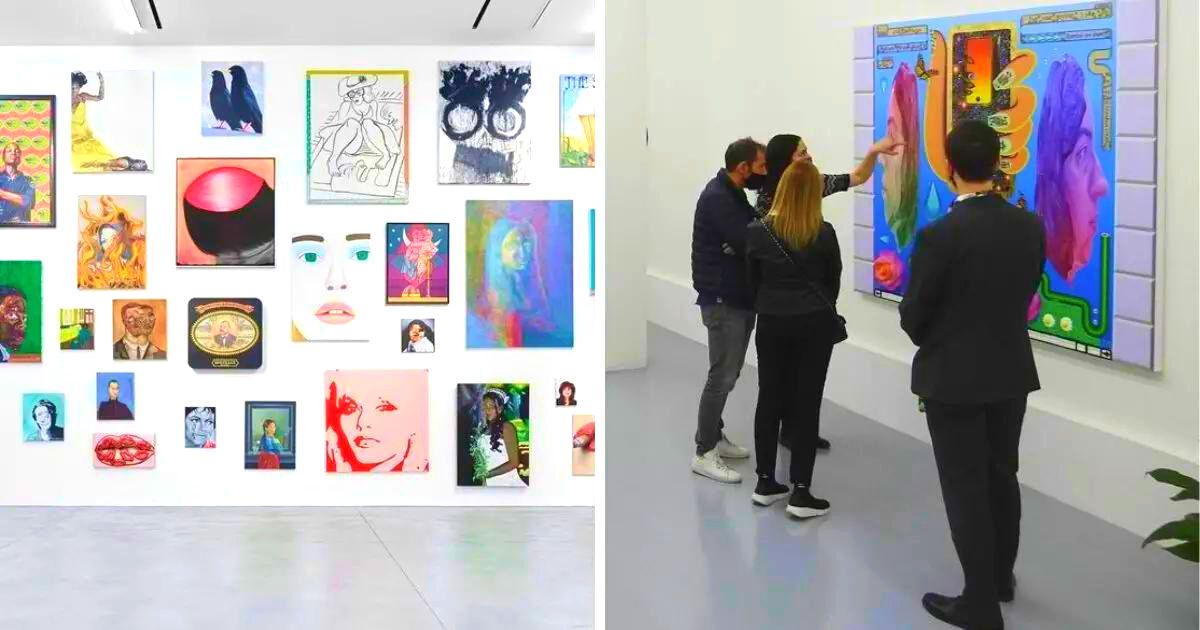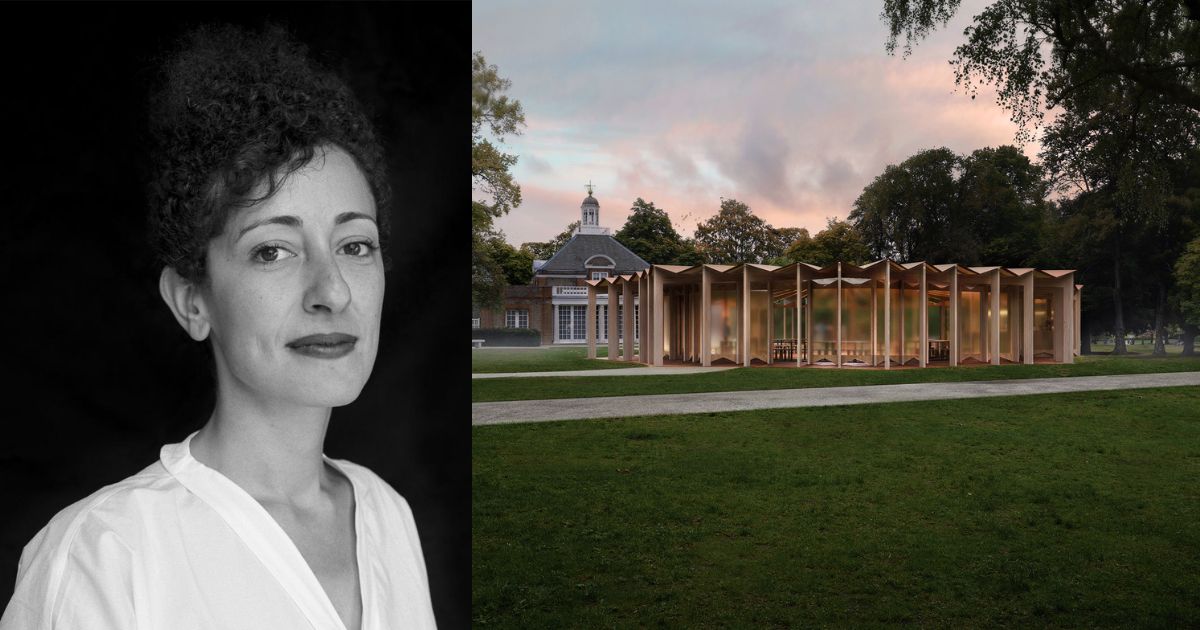Music therapy is a controversial topic. Most people believe that only traditional medicine has the capability to heal. However, Harvard Health has confirmed that Music therapy improves medical outcomes and quality of life.
Taking a step forward in that direction, AUBMC decided to bring music and medicine together in a concert for patients suffering from cancer.
Music therapy is said to reduce the side effects of cancer treatment, aid in pain relief, and improves the quality of life for dementia patients. The American Music Therapy Association (AMTA) states that it is a clinical and evidence-based therapy.
That method uses music interventions to accomplish individualized goals. It is performed by credentialed professionals who have completed an approved music therapy program.
In other words, music therapy is supported by studies and is effective for several illnesses and all ages, when performed by experts in that field.
Accomplished musicians with deep knowledge of music and of how it can evoke emotional responses to relax, stimulate, or heal could undertake that therapy program and be certified.
In Lebanon, the American University of Beirut Medical Center (AUBMC) held a music therapy concert, on Friday the 21st of February, for the cancer patients.
The concert was organized in collaboration with Al-Bustan Music Festival and Sing for Hope.
The concert Beethoven: Where Hope Grows was held at AUBMC with the Italian pianist Gloria Campaner playing for the audience two of Beethoven’s best-known works: Moonlight Sonata and Fur Elise.
Gloria Campaner is part of the Donatori di Musica project based in Italy and that brings classical music to terminally-ill patients in hospitals.
The musical event was a walk-in concert where patients sat in the front row, some with their IVs, and in the presence of nurses, visitors, and doctors.
Laura Lahoud from the Al-Bustan music and arts festivals stated, “Music has healing power, it gives hope.”
From her side, president and co-founder of the medical center’s Cancer Support Fund, Hala Dahdah Abou Jaber, said: “We are fighting the disease with music.”
Worth mentioning that music therapy is being used in numerous countries across the world, and more so these past two decades because of the recorded positive results and evidence the music has healing power.
The therapy involves the use of specific music resonance in a series of sessions, according to the illness involved and its gravity. Experts state that everything has an optimum range of vibration or frequency (resonance), including our body.
They explain that particular sounds, like music tuned at 432hz and 528hz for example, are absorbed by every organ and every cell, balancing their resonance to their natural healthy state, and hence restoring our physical, mental, and emotional wellbeing.
Similarly, there is what’s called Neurologic Music Therapy (NMT), a rehabilitation that helps those who have suffered brain injuries regain function through singing and playing percussive instruments.
















